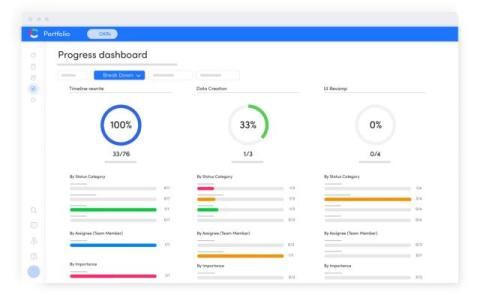5 essential Scrum events for effective Agile product management
Agile product management is a cyclical framework that relies heavily on close collaboration and communication between team members. To accomplish this, product teams use structured Scrum events — formerly known as Scrum ceremonies — at regular intervals throughout a Sprint to set the requirements for the upcoming work cycle, align on progress, share results, and plan for the next iteration. Scrum events are the backbone of a successful Agile team.










